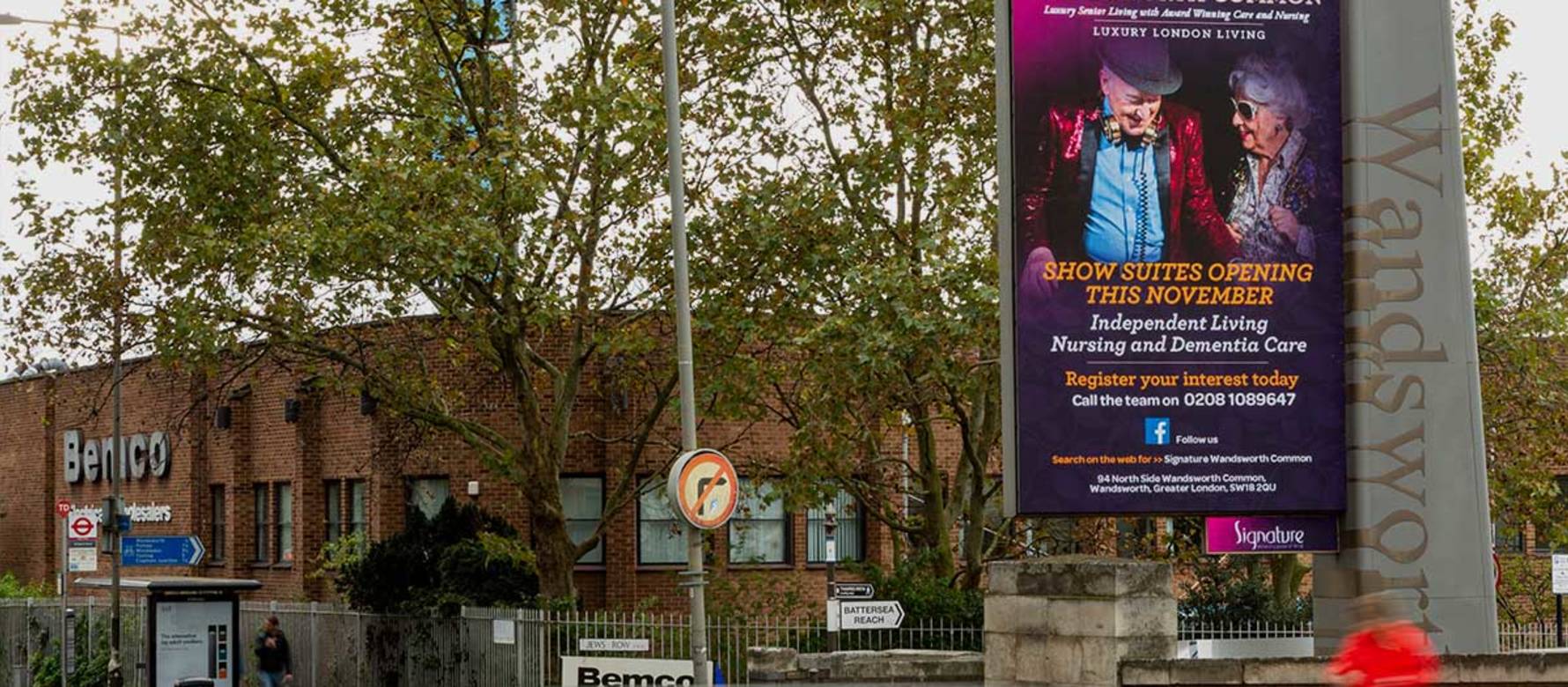How to use the power of Subconscious Marketing
01 Apr 2021 / Insights
Think about brushing your teeth. Do you really ‘think’ about it anymore in a focussed, conscious way? Or do you just do it? You could say that you brush your teeth subconsciously – but what does that actually mean?
Marketing has a subconscious effect on the public, and charming the subconscious mind is often seen as a more effective way to engage with people than trying to appeal to the rational, logical, everyday mind. But, how does the subconscious mind work? And how can marketers design their campaigns to create adverts that will be relevant to people?
What is the subconscious mind?
Our conscious mind is where decisions are made in total, rational awareness – a place where we have self-government and willpower, so to speak. The subconscious mind is more about survival and emotions, and makes decisions outside of rationale or reasoning. Simply put, the subsconscious churns away, making choices and influencing our behaviour without any apparent conscious control by us.
How can the subconscious mind be used in marketing?
So, how can marketers tap into something so mysterious? How can the subconscious mind be used for marketing and advertising?
It comes down to psychology; how the brain works and how it responds to marketing. What makes this difficult is that subconscious responses and reactions can’t easily be measured, which sometimes makes market research a tricky business.
A person may be exposed to a particular brand’s images, adverts and strapline over a course of several days or weeks. When it comes to seeing the actual product, that brand now seems familiar to them, in a subconscious way, and they therefore may swing more towards choosing the product. Simply put, we register advertising messages subconsciously and build familiarity.
Up to 95% of buying decisions are in some way influenced by our subconscious mind, as suggested by Gerald Zaltman of the The Harvard Business School. Zaltman goes on to suggest that sometimes what customers say (their rational brain) conflicts with their actual subconscious behaviours e.g. saying they compare brands before buying, when they are far more likely to choose an old familiar.
So, what motivates a buyer on a subconscious level?
The answer is surprising: survival instincts. The truth is, we often make decisions based on increasing our chance of survival. This seems like an outdated statement in today’s comfortable western world, but our brains are still wired with this instinct, and marketers can utilise this by simply identifying what the goals and desires of the target market is, and using this to create a campaign.
When our subconscious mind pinpoints something that can help us meet a goal, the brain wants to fulfil that goal. It reacts positively. This will then trigger a decision to fulfil that goal. To target the subconscious mind, efforts should focus on activating the ‘reward centre’ of the mind. This should generate an emotional response. Discovering what goals people want to fulfil is the next challenge.
It is also suggested that advertising needs to have a combination of reach elements (building a brand, creating mental structures to predispose people to choose your brand), and activation elements (targeting buyers who will buy in the near future to generate more immediate sales). To appeal to the reach side, that’s where the subconscious mind and out-of-home advertising are especially handy – both work in partnership with each other to slowly create these mental structures and predispositions.
The eight motivations
The eight things that motivate people on a subconscious level have been identified by a marketing agency called Beyond Reason.
They are:
Certainty – we dislike uncertainty and favour stability
Belonging – we want to belong to a community or group
Recognition – we like to be valued
Individuality – we enjoy customisation and like to think we’re being given free will
Power – we want to master something, or have influence over something
Self-development – we want to broaden our knowledge and get better
Sex – we all have this very raw human desire, but this can also mean intimacy in more platonic senses e.g. family, friends
Physiology – we have base bodily needs to look after
If your marketing campaign can appeal to one or more of these motivations, this could be the ticket to appeal to the public.
Top tips for subconscious marketing
Do your research: It can be difficult to conduct research on subconscious desires, but questionnaires or observations can still help you get started on what might be motivating your buyer.
Use outdoor advertising: As mentioned before, subconscious advertising works by displaying your brand in a prominent place where it will be seen on a regular basis by passers-by, thus building a subconscious familiarity with your brand. This makes outdoor digital advertising highly effective, as these billboards and screens are located in high-traffic areas where people will regularly see them as they go about their daily business.
Balance pain and reward: You must try and appeal to the positive emotions associated with fulfilling a goal. In other words, you need to increase the sense of reward, and reduce the pain or undesired alternative. This touches on the survival instinct of subconscious marketing.
Appeal to the eight motivators: See the previous section to view the eight motivators. Appealing to one or more can really help stir the subconscious into action. If people can visualise themselves as happier or better off in some way, this triggers a subconscious response that can result in a sale.
Choose your words carefully: Choice of words and imagery can go a long way to influencing emotion. For example, the word ‘imagine’ can trigger more of an emotional response than ‘think’, for example.
Bring a touch of humanity: No brand is too ‘boring’ to benefit from a touch of humanity or personality. For example, Colonel Sanders present on all of KFC’s branding may subconsciously trigger memories of grandfathers or paternal figures, and the warmth and good feelings that go along with that.
Here at Clear Channel Direct, the UK’s number one provider of affordable outdoor advertising. Our digital screens are set up in prime locations across the country, making sure your message reaches the right people at the right times. This way, you can appeal to consumer minds in the best possible locations. For more information, contact our friendly experts today.
SHARE POST
PRESS ENQUIRIES



